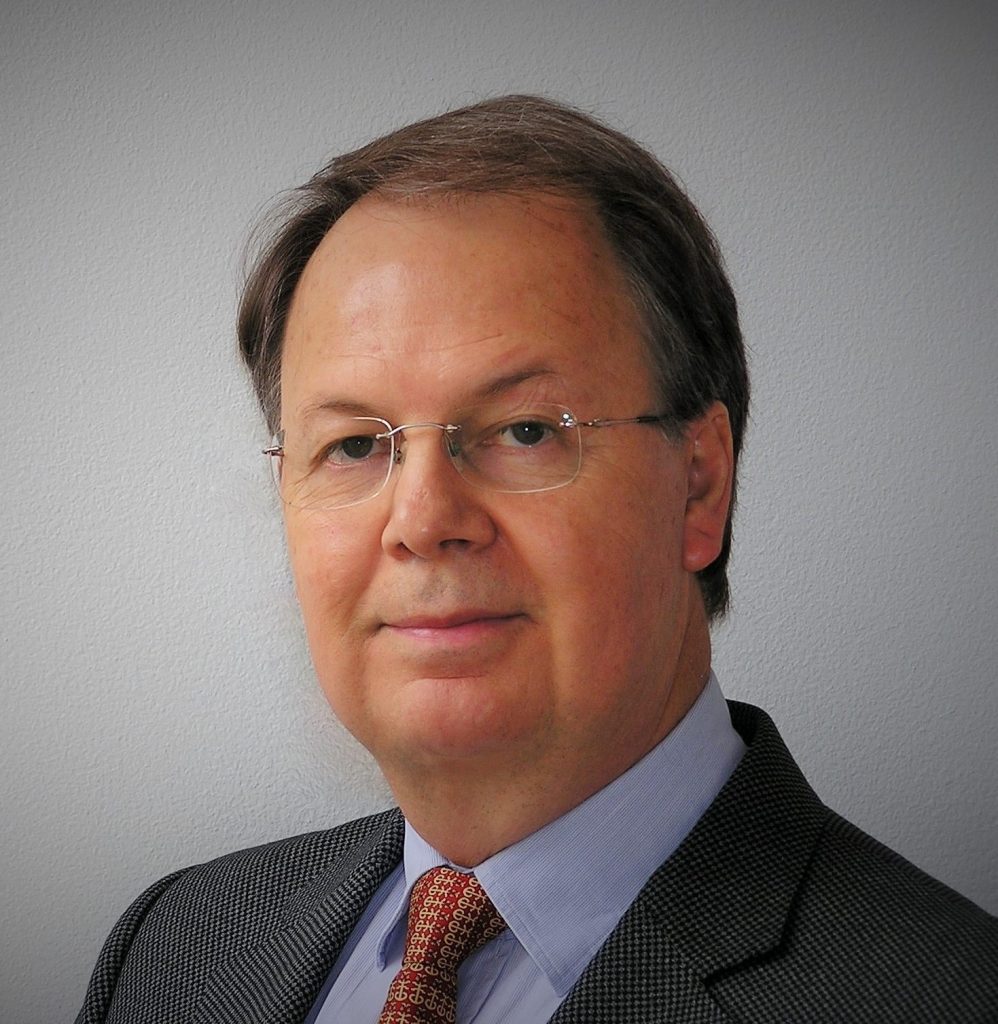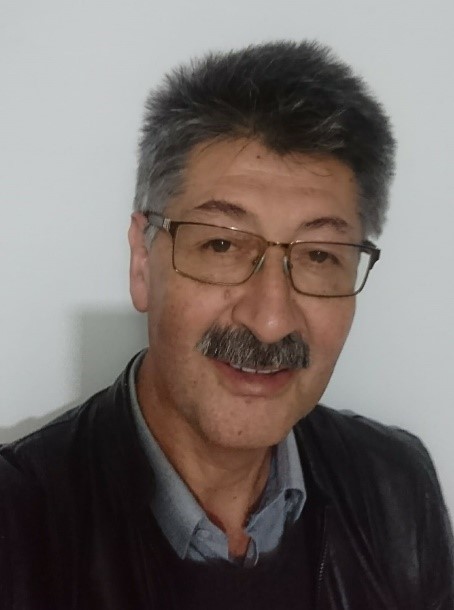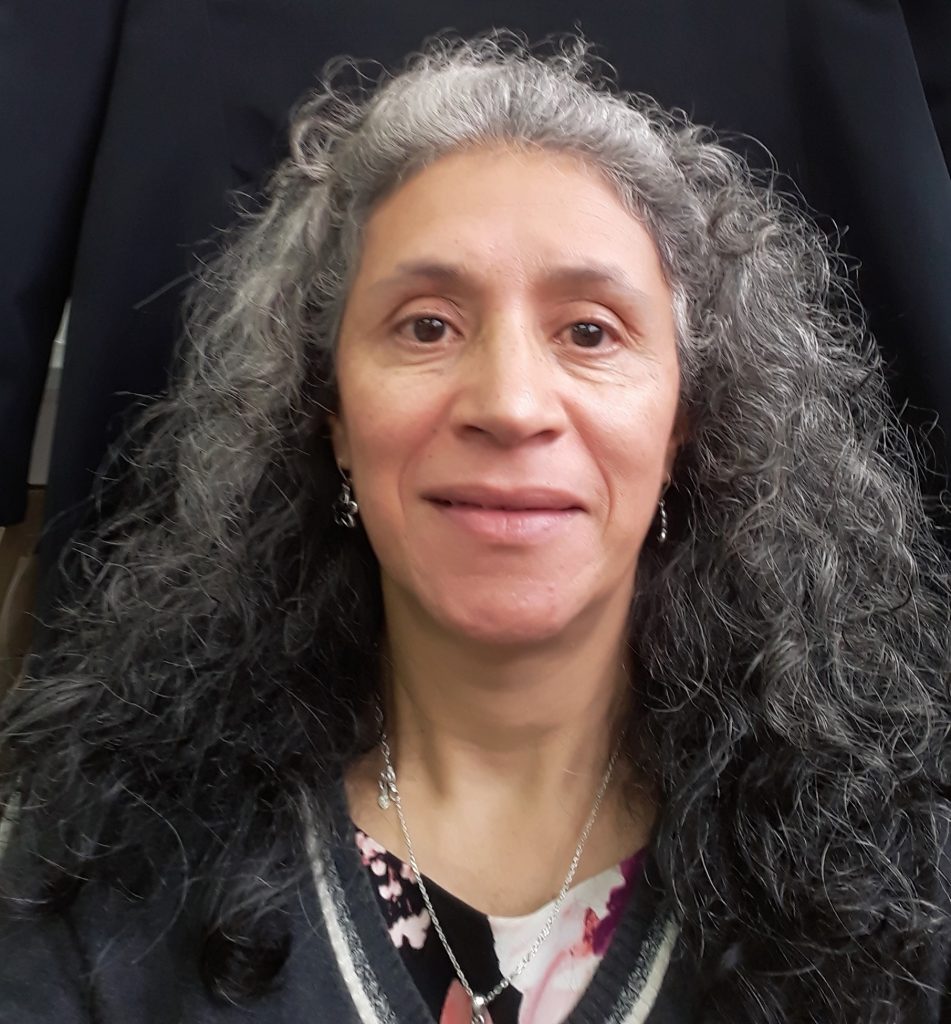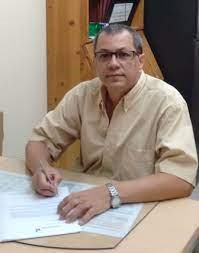Opening Conference (day 21 of July 2022)
Title: We cannot avoid the disasters of tomorrow unless we imagine […dimension…] them today

Omar Dario Cardona
(Civil Engineer – National University of Colombia)
Partner and manager of INGENIAR: Risk Intelligence;
Professor at the Institute of Environmental Studies, National University of Colombia in Manizales
Brief Biographical Note
He is a civil engineer from the National University of Colombia, has postgraduate studies in the United States, the United Kingdom and Macedonia, and obtained his doctorate in engineering from the Polytechnic University of Catalonia in Barcelona, Spain. He is a partner and manager of INGENIAR: Risk Intelligence and full professor at the Institute of Environmental Studies of the National University of Colombia in Manizales. He has been a professor at the Universidad de los Andes, in Bogotá, and a visiting professor in Spain and Italy. He has been a guest editor and peer reviewer for multiple journals. He was part of the group that created the National Disaster Risk Management System of Colombia and was its general director while he was president of the Colombian Association of Seismic Engineering. He has been a consultant to the IDB, the World Bank, UNDP, UNDRR and other UN agencies. He is a founding member of the Latin American Network for Social Studies on Disaster Prevention (LA RED) and has been a member of worldwide scientific committees on climate change, seismic engineering and disaster risk. In 2004 he was awarded the UN Sasakawa Prize for his contributions to international risk assessment and management.
Thematic Conference (morning, day 22 of July 2022)
Title: Disaster risk and climate change risk – difference and connection

José Daniel Pabón Caicedo
(Meteorologist, PhD in Geography)
Professor of the Department of Geography;
Leader of the Research Group “Time, climate and society”;
Faculty of Human Sciences, National University of Colombia
Brief Biographical Note
The lecturer is a graduate of the Odessa State Institute of Hydrometeorology (former USSR), currently the Institute of Hydrometeorology of the Odessa State Environmental University (Ukraine). He develops research on the atmosphere and climate and their dynamics, in particular on meteorological phenomena, climate variability and climate change, as well as on the relationship of time and climate with society. He has carried out studies on the socioeconomic impacts of the extreme phases of climate variability and climate change, studies on threats and disaster risks associated with extreme meteorological and hydroclimatic phenomena; He has developed regional climate change scenarios and has evaluated territorial risks associated with climate change. He has been a professor at the National University of Colombia – Bogotá Headquarters, the Nueva Granada Military University and the Central University Foundation. He was Deputy Director of Meteorology of the Institute of Hydrology, Meteorology and Environmental Studies (IDEAM) between 1995 and 2002 and Director of the International Center for the Investigation of the El Niño Phenomenon (CIIFEN), based in Guayaquil-Ecuador, between 2013 and 2015. Corresponding member of the Colombian Academy of Exact, Physical and Natural Sciences.
Thematic Conference (afternoon, day 22 of July 2022)
Title: The risk: consequence of ignorance of the territory and social dynamics

Gloria Lucia Ruiz Peña
(Civil Engineer – National Univ. of Colombia)
Geotechnical Specialist, GIS Specialist, Msc. in Social Studies of Science;
Coordinator for Colombia in the Andean Multinational Project: Geosciences for the Andean Communities (2002-2009);
Coordinator of the Working Group Evaluation of Hazards by Mass Movements of the Technical Directorate of Geohazards of the Colombian Geological Service
Brief Biographical Note
As coordinator of said working group, have directed projects of the national, regional and local order of zoning of threat by mass movements, among which the following stand out in recent years:
- National Map of Hazard by Mass Movements scale 1:100,000, made up of 283 plates that cover the entire Andean Region and Pacific Region and part of the Caribbean Region of Colombia, in the themes of Geomorphology, Susceptibility and Threat;
- Zoning of threat by mass movements of various municipalities at different scales;
- Zoning of threat, vulnerability and risk due to mass movements in the municipalities of Villarrica, Cajamarca and Anaime, Tolima and Popayán, Cauca at a scale of 1:2,000;
- Evaluation of physical risk due to mass movements of the Popayán-Río Mazamorras road sections in Cauca and Cano – Mojarras in Nariño;
- Methodological guide for the elaboration of Studies of threat, vulnerability and risk due to mass movements at a detailed scale. Project director and co-author;
- Methodological guide for hazard zoning by mass movements scale 1:25.000. Project director and co-autho;
- Methodological guide for physical risk assessment due to mass movements of road infrastructure;
- Mass Movement Information System – SIMMA.
Closing Conference (day 23 of July 2022)
Title: Social resilience to disasters, perspectives and challenges

Javier Enrique Thomas Bohorquez
(Doctor in Geography – National Autonomous Univ. of Mexico)
Director of the Geography Program, Universidad del Valle, Colombia
Brief Biographical Note
Doctor in Geography. National Autonomous University of Mexico. UNAM. 2012 Doctoral Research: “Social risk management in the face of natural threats in port cities. Case studies: Buenaventura (Colombia) and Manzanillo (Mexico)”. Master in Sustainable Development, with emphasis on Prevention and attention to disasters. University of the Valley-Tulane University. Master’s in Geography. Graduate School of Geography. UPTC – IGAC Convention, 1996. Director of the Geography Program, Universidad del Valle Colombia. Researcher on issues related to socio-natural disasters and resilience and historical memory.